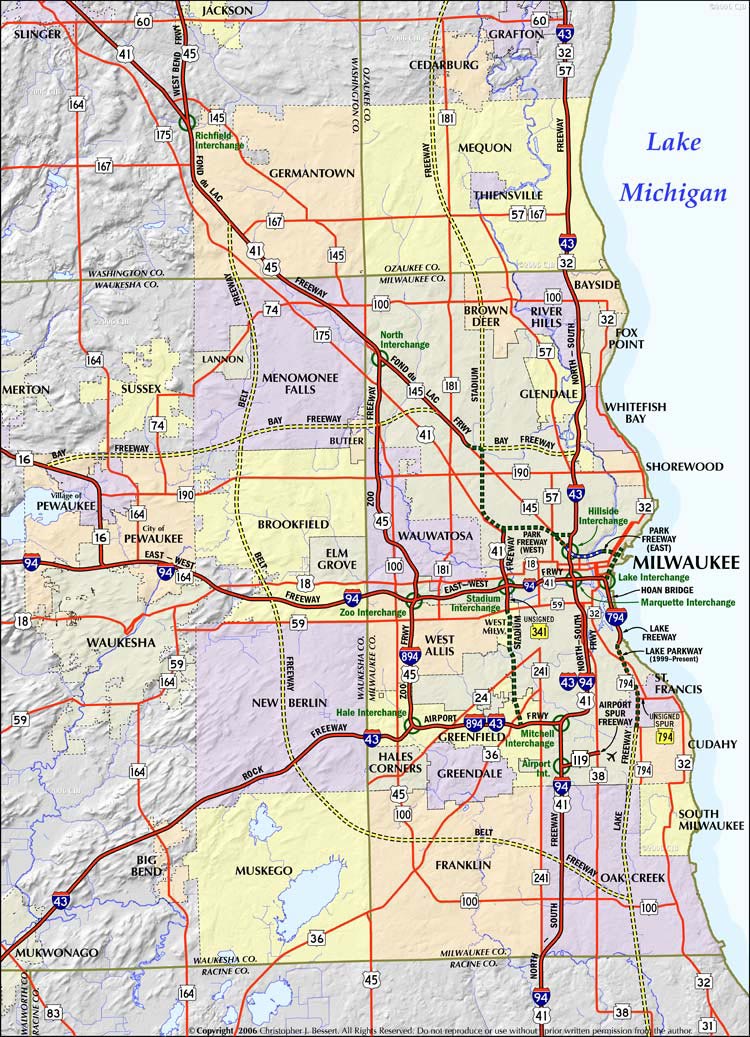WASHINGTON (AP) - When the calendar turned to 2007, the heat went on and the weather just got weirder.
January was the warmest first month on record worldwide—1.53 degrees above normal. It was the first time since record-keeping began in 1880 that the globe's average temperature has been so far above the norm for any month of the year.
And as 2007 drew to a close, it was also shaping up to be the hottest year on record in the Northern Hemisphere.
U.S. weather stations broke or tied 263 all-time high temperature records, according to an Associated Press analysis of U.S. weather data. England had the warmest April in 348 years of record-keeping there, shattering the record set in 1865 by more than 1.1 degrees Fahrenheit.
[...]
Smashing records was common, especially in August. At U.S. weather stations, more than 8,000 new heat records were set or tied for specific August dates.
More remarkably that same month, more than 100 all-time temperature records were tied or broken—regardless of the date—either for the highest reading or the warmest low temperature at night. By comparison only 14 all-time low temperatures were set or tied all year long, as of early December, according to records kept by the National Climatic Data Center.
For example, on Aug. 10, the town of Portland, Tenn., reached 102 degrees, tying a record for the hottest it ever had been. On Aug. 16, it hit 103 and Portland had a new all-time record. But that record was broken again the next day when the mercury reached 105.
That is just freakin' scary. How warm was January 2007 in the U.S.? It was the warmest January on record since January 2006. Dang, it was even one of the three warmest January's in the last 10 years.
In reality, the weather of 2007 was unremarkable. Using the NOAA data for heating & cooling degree days as my basis (which is what matters to me), 2007 was not even the warmest winter, summer, or year in the last decade.
Degree Days: A measurement that reflects the effect of weather on your heating and cooling needs. Daily degree days are calculated by comparing the average daily temperature to 65°F.I'm dealing with global warming or cooling by air conditioning and heating my house. I really don't care how the Third World'ers of the EU do it (Hint - Join the 20th Century, Pierre. Install an air conditioner).
Also missing from this alarmist rewriting of history was any mention of the admission that the previous list of hottest years had to be amended due to supposedly innocent errors by these researchers with vested interests. Sorry to blow your paradigm, but let's take another look at the 1930's.























